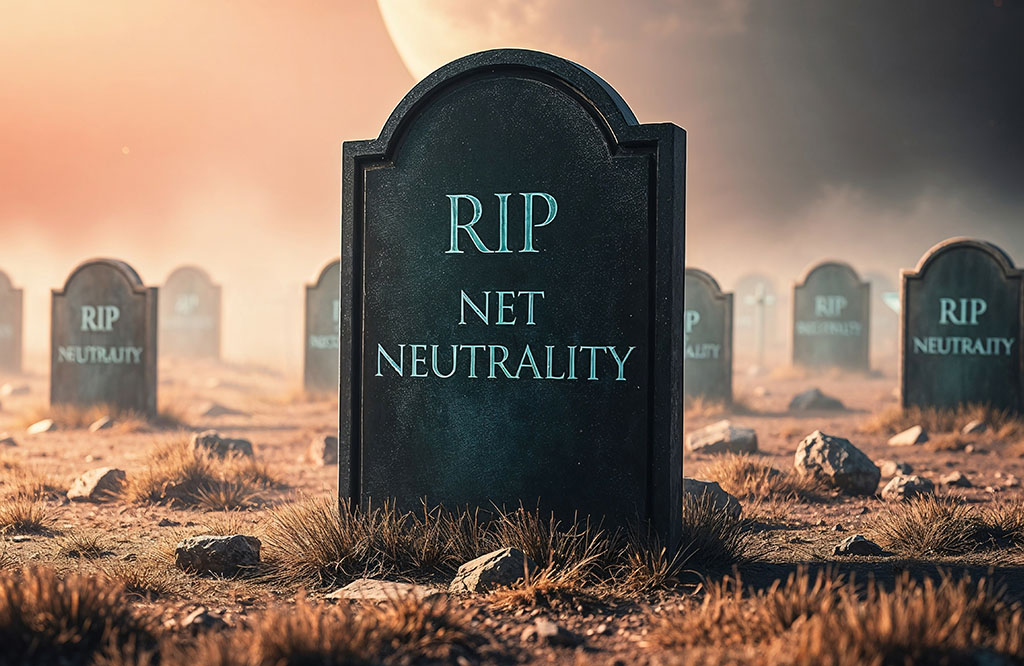Net neutrality has been a hot topic for years. The rules around it keep changing depending on who’s in charge of the government. Recently, things took a major step backward when the 6th Circuit Court of Appeals overturned the Federal Communications Commission’s (FCC) newest net neutrality rules.
Why This Matters
This decision could cause big problems for small and medium-sized businesses. Without net neutrality, the Internet might stop being a fair place where everyone has the same chance to succeed.
How a Fishing Case Changed the Game
In June 2024, the Supreme Court made a decision in Loper Bright Enterprises v. Raimondo. It was about whether a small fishing company had to pay for government inspectors to make sure they were following fishing limits. Lower courts had supported the government, but the Supreme Court ruled 6-to-3 in favor of the fishing company.
This ruling ended something called the “Chevron deference.” For 40 years, this rule let federal agencies, like the FCC, decide how to apply laws in their specific fields. Now, courts have the final say, which has already affected rules like net neutrality.
The Impact on Net Neutrality
On October 31, 2024, the Ohio Telecom Association challenged the FCC’s rules for keeping the Internet fair (Ohio Telecom Association v. FCC). Using the Supreme Court’s Loper Bright ruling, the 6th Circuit Court struck down the FCC’s net neutrality regulations.
What Happens Without Net Neutrality
Since 2015, net neutrality has come and gone with changes in government leadership. But this new ruling removes federal protections entirely. The FCC used to treat Internet Service Providers (ISPs) like public utilities, which meant they had stricter rules. Now, the court says ISPs are more like “information services,” so the FCC can’t regulate them. The only protections left are at the state level, and bringing back federal rules would take an act of Congress.
Why This Hurts Businesses and Consumers
A strong net neutrality law keeps things fair online. Without it, both businesses and everyday Internet users could run into trouble.
ISPs Could Pick Favorites
Without net neutrality, ISPs could give certain companies better treatment. For example, they could make it harder to access smaller competitors’ websites while boosting their own businesses. This would hurt small companies that depend on the Internet to reach customers.
Less Innovation, Less Competition
Net neutrality helps new businesses compete by giving everyone the same chance to succeed. Without it, bigger companies could pay for faster service and leave smaller businesses struggling. This would slow down innovation and make it harder for new ideas to grow.
Higher Costs, Worse Service
ISPs could start acting like monopolies, charging more without improving service. In places with limited Internet options, people might have to pay higher prices for worse connections, making it harder to access the Internet at all.
What You Can Do
Net neutrality is essential for keeping the Internet fair and open. If you care about this issue, you can reach out to your representatives and ask them to support laws that protect net neutrality.
To dive deeper into this topic and learn about other tech issues, check out our blog.







